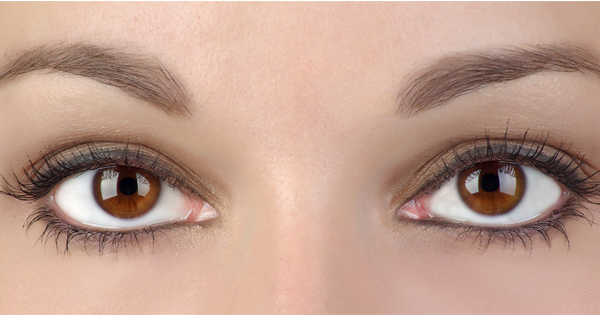Some medical studies find stuff that you would never expect.
And while it’s been pretty established that your eyes can say a lot about your health, there are still some things it’s hard to predict.
But now, there’s a brand new development.
There’s a pretty well-established connection between vision problems and schizophrenia. For example, one recent study found that those with schizophrenia were unable to tell the difference between two things moving at different speeds.
But the link between vision problems and schizophrenia has never been particularly clear. This new study aimed to find out. They studied the relationship between retinal changes and the kind of cognitive impairments seen in schizophrenia.
The findings were pretty surprising—some of the eye problems found actually could contribute to the onset of the disease itself. Some of these eye problems include widening of small blood vessels, thinning of retinal nerve fiber, and abnormal electrical responses by retinal cells exposed to light.
Some of the connections are due to the disease itself, while other are related to medications.
So why is this important?
A lot of these changes in the eyes can be seen when the disease hasn’t even set in, so these eye problems can actually help people be diagnosed.
Interestingly, those who are congenitally blind aren’t generally at risk.
But people who develop retinal changes should probably keep an eye (pun intended) on the problem. These changes could suggest schizophrenia later in life. Often schizophrenia doesn’t set in until a person is in their twenties, so it’s especially helpful to be stringent about it.





